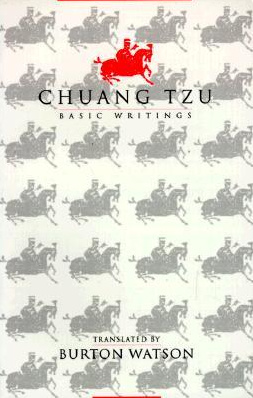

These early Taoist ideals differ dramatically from the Taoism of alchemy and superstition which developed in later centuries. In Chuang Tzu’s mind, a life of ambition and prosperity is a life of servitude and perpetual longing for the next best thing. Chuang Tzu provides readers with a utopia in which achievement and ability are insignificant, and instead, one’s mental strength and capacity to understand the cosmos dictate one’s worth. Importantly, The Way of Chuang Tzu emphasizes the rejection of the abyss of ambition and the push for perfection that society forces upon the individual. As Thomas Merton so aptly writes, “Chuang Tzu is not concerned with words and formulas about reality, but with the direct existential grasp of reality in itself.” The unadorned writing style in the text is indicative of the taste for humility and self-reflection that Taoism entails.

Taoism entails a positive attitude towards the metaphysical and the belief that humans should live in balance with the universe. The Way of Chuang Tzu is an anthology of stories from both the philosopher himself and his many disciples it represents the Taoist school of thought.

The philosopher Chuang Tzu was part of the flourishing of intellectualism at the end of the classic period of Chinese philosophy from 550 to 250 B.C. These books, size and color aside, are freighted with philosophical insight, infused with humor, and adorned with parables that guide us through the modern-day world like a burning beacon of light.

In every corner of my house, my dad has stockpiled copies of The Way of Chuang Tzu, translated by Thomas Merton - the flimsy white paperbacks, the hardcovers with ink paintings of two Chinese scholars, and the bright yellow pocket sized versions. Thomas Merton, an American monk and scholar of comparative religion, put together his personal favorites of Chuang Tzu’s sayings through five long years of reading, study, annotation, and meditation, in the book depicted above.


 0 kommentar(er)
0 kommentar(er)
